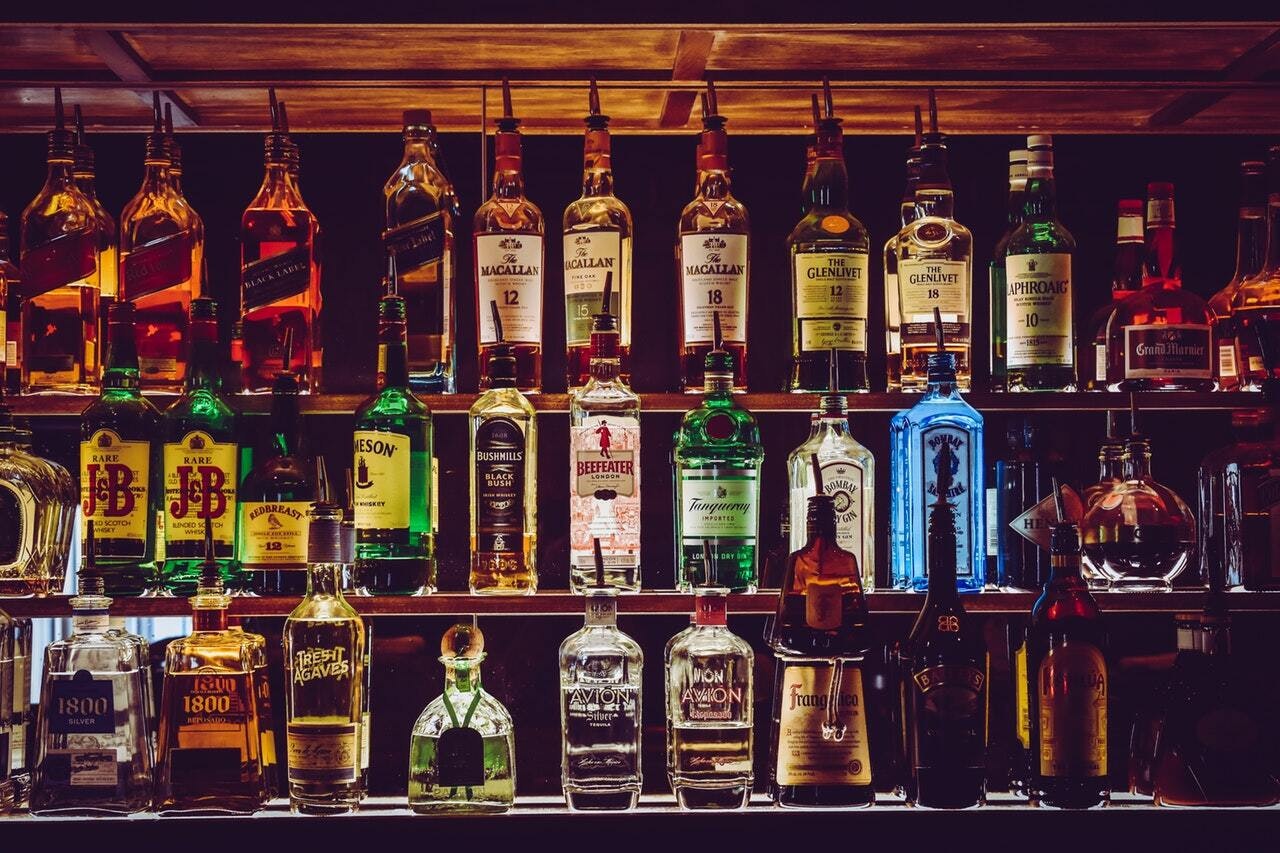A bill that would have doubled the alcohol taxes in Wyoming was rejected on Wednesday by a legislative committee.
The bill lost by one vote, with seven members of the Joint Labor, Health and Social Services Committee voting against it and six members voting to move it forward to the full Legislature.
The bill considered by the committee during its meeting in Cheyenne would have doubled the excise tax on alcohol — from three quarters of one cent to 1.5 cents per 100 milliliters of wine, from 2.5 cents to five cents per 100 milliliters of spirits and from one-half cent to one cent per liter of beer — for three years.
The money raised from the increase, estimated at $1.9 million a year would have been split, with half going to the Department of Health to fund behavioral programs that provide mental health and substance use treatment. The other half would have been used by the Department of Corrections for the purpose of providing mental health and substance use treatment for parolees and people who have been released from an institution.
It would have been the first increase in alcohol taxes since the end of Prohibition in 1933.
Even with the increase, Wyoming’s alcohol taxes still would have been the lowest in the nation, Rep. Mike Yin, D-Jackson, pointed out during the meeting.
The discussion drew passionate pleas from both elected officials and members of the public, with Sen. Charles Scott, R-Casper, being one of the major proponents of moving the bill forward.
“We’ve identified a real need for substance abuse treatment for the public and our inmates,” he said. “By identifying that need, we should fund it.”
According to a University of Wyoming study, alcohol abuse cost the state more than $840 million in 2010 due to lost productivity, health care costs and criminal activity.
However, some legislators simply did not support any tax increase.
Rep. Clarence Styvar, R-Cheyenne, admitted before the vote even took place that he would say “nay” to the proposed bill.
“We don’t need to be taxing one group of people,” he said. “I said it last year when they tried to raise the tobacco prices. I’ve said it before and I’ll say it again: ‘No new taxes.’”
Others expressed concern that the tax income, once raised, might be used for purposes other than what were intended.
Mike Moser, executive director for the Wyoming State Liquor Association, argued other resources are available for those suffering from substance abuse and mental health problems.
“We’re asking responsible consumers of alcohol, the vast majority, to be forced to pay for substance abuse when so many of these cases don’t have anything to do with alcohol and mental health programs,” he said. “This isn’t apples and oranges. I believe we’re targeting a select, responsible few to cover the entire gamut.”
Moser also argued that the tax increase could hurt alcohol sales to “price-sensitive” Wyoming consumers and said those along Wyoming’s southern border might drive to Colorado to purchase their alcohol.
Wyoming is one of 17 “control states,” meaning that the state has a monopoly over the wholesaling or retailing of some or all alcoholic beverages.
Sen. Anthony Bouchard, R-Cheyenne, said the bill’s supporters seemed to imply that alcohol was bad, yet the state has a monopoly on selling it.
“We’re not saying alcohol is inherently bad,” Scott replied. “We’re saying that it has a risk and somebody has to pay the price of it. That risk should be taxed.”





